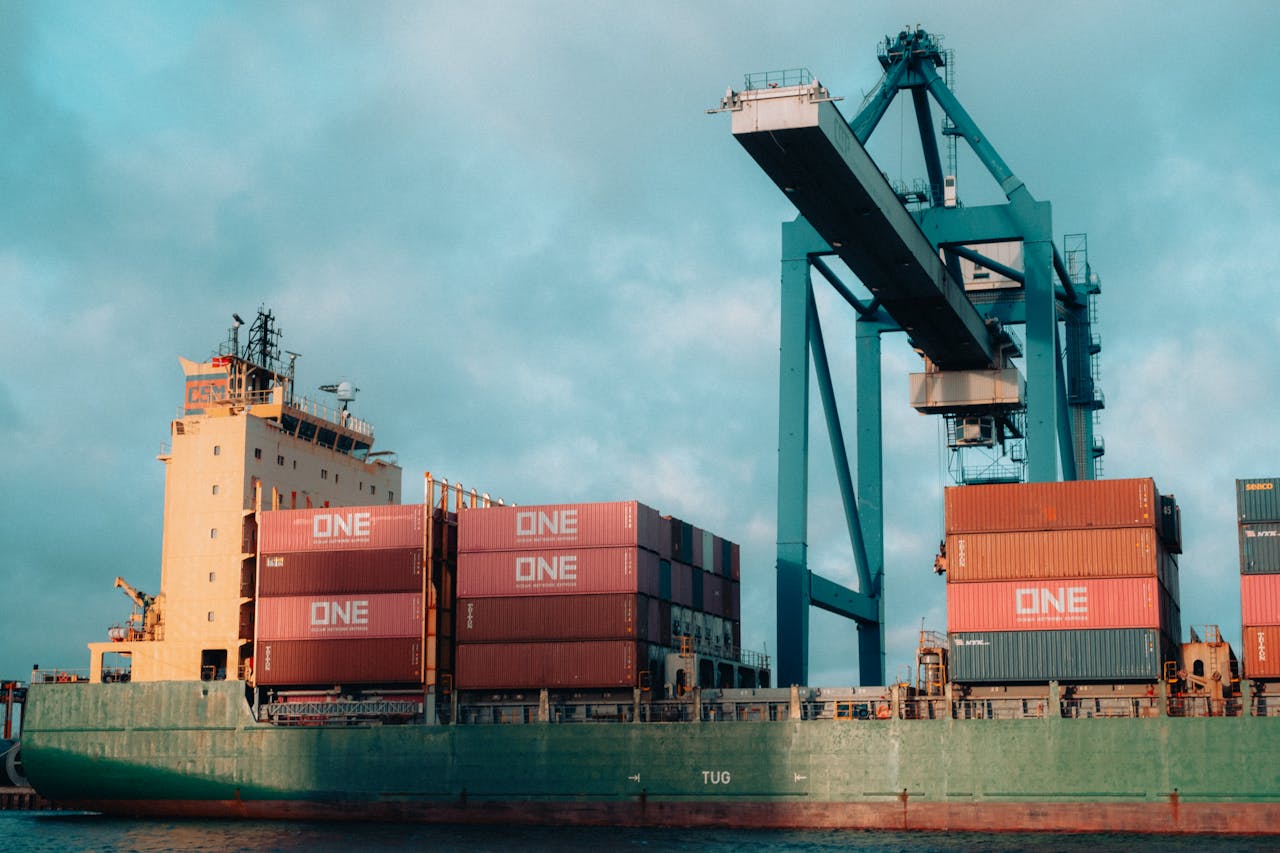
Supply Chain Challenges and How We Stay Ahead
In today’s interconnected world, supply chain disruptions have become unavoidable. From natural disasters to labor disputes, these disruptions test the resilience of industries and companies alike. At Rocky Mountain Reagents (RMR), we understand the importance of proactive planning and adaptability in navigating these complexities. Recent events, such as the California wildfires and the looming possibility of a longshoremen’s strike, highlight the critical need for robust supply chain strategies.
California Wildfires: A Test of Resilience
The ongoing wildfires in California have created significant hurdles for supply chains, particularly for chemical companies dependent on suppliers in the affected regions. Power outages, road closures, and poor air quality are contributing to a cascade of challenges, including:
- Production Halts: While necessary to prevent further fires, planned power shutoffs have brought many operations to a standstill. Sensitive chemicals that require refrigeration are especially vulnerable.
- Transportation Delays: Critical shipping routes face disruptions due to road closures, leading to mounting backlogs and delayed deliveries.
- Inventory Imbalances: Late arrivals of raw materials and delayed shipment of finished goods are causing ripple effects throughout the supply chain.
At RMR, our team closely monitors these developments to ensure that our clients outside the impacted areas continue receiving the products they need. By leveraging alternative routes, backup power solutions, and diversified supplier networks, we remain committed to maintaining a reliable supply chain. Our hearts go out to those directly affected by these devastating fires, and we stand in solidarity with our communities during this difficult time.
Labor Disputes and Tariffs: A Looming Threat
Natural disasters, labor disputes, and tariffs each pose a significant threat to global supply chains. The potential for a longshoremen’s strike and the impact of new tariffs have raised concerns explicitly regarding:
- Supply Chain Disruptions: Strikes or increased tariffs on raw materials could delay or disrupt the flow of essential components, affecting industries from electronics to food packaging.
- Price Increases: Reduced supply and increased shipping costs could lead to a surge in prices, impacting everything from daily necessities to luxury goods.
- Product Availability: Material shortages in manufacturing facilities might result in empty shelves or extended delivery times for consumers.
RMR has taken a proactive approach to mitigate these risks. By closely monitoring notifications from major suppliers and maintaining open lines of communication, we are prepared to pivot swiftly in response to emerging challenges. This readiness ensures that we can continue delivering the high-quality products our clients rely on, even in the face of global disruptions.
Building Resilience Together
While global supply chain challenges may be beyond any company’s control, a proactive and adaptable approach can make all the difference. Here are some ways businesses and consumers can prepare:
- For Businesses: Develop contingency plans for potential delays, diversify suppliers, and build safety stock to cushion against disruptions.
- For Consumers: Stay informed about global issues and their potential effects on pricing and availability, enabling smarter spending decisions.
At RMR, we’re committed to staying ahead of these challenges by working closely with our partners, leveraging innovative strategies, and maintaining our focus on service excellence. Our goal is to provide uninterrupted support to our clients, ensuring their operations run smoothly, no matter what challenges arise.
As we navigate these uncertain times, we’re reminded of the importance of resilience, collaboration, and innovation. Together, we can overcome obstacles and continue building a supply chain ready for the unexpected.





















